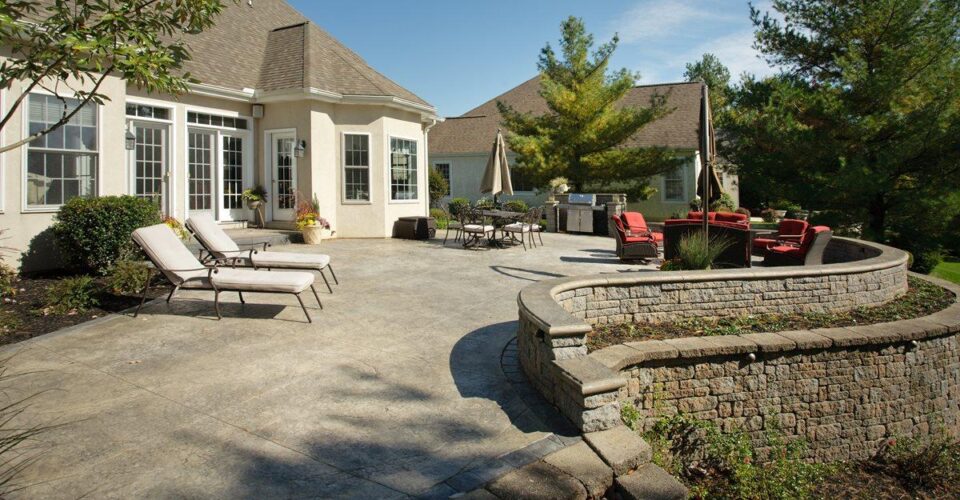Introduction
When it comes to building or renovating your home, choosing the right materials is crucial for durability and aesthetics. Concrete, a versatile and sturdy material, is often the go-to choice for various residential construction projects. From foundations to decorative pathways, concrete offers homeowners a blend of functionality and design freedom. In this post, we’ll explore essential tips to help you effectively incorporate concrete into your home projects.
Understanding the Basics of Concrete
Concrete is a composite material made of water, aggregate (gravel, sand, or rock), and cement. It is known for its exceptional strength and longevity, making it a preferred choice for many construction elements including:
- Foundations: Nearly every home starts with a concrete foundation, which provides structural integrity.
- Driveways and Patios: Concrete’s versatility makes it ideal for outdoor spaces.
- Floors and Walls: Concrete floors and walls are valued for their energy efficiency and fire resistance.
Tips for Using Concrete in Residential Construction
1. Choose the Right Type of Concrete
Not all concrete is created equal. Depending on your project’s specific needs—whether it’s a load-bearing structure or an aesthetic surface—choosing the right type of concrete mix is essential. For example, high-strength concrete is ideal for foundations, while a smoother, stamped concrete is perfect for decorative patios.
2. Consider the Climate
Concrete performs differently in various climates. In areas with severe winters, like Ann Arbor, MI, it’s crucial to use air-entrained concrete, which can withstand freeze-thaw cycles without cracking. Make sure to discuss local climate considerations with your contractor to choose an appropriate concrete mix.
3. Prioritize Proper Curing
Curing concrete is not just about waiting for it to dry. Proper curing significantly affects the strength and durability of the material. Maintain the moisture and temperature of the concrete slab according to professional guidelines to ensure optimal strength development.
4. Integrate Reinforcements
For added strength, especially in load-bearing elements like foundations, integrating reinforcements such as steel bars (rebar) or fibers can prevent cracks and structural failures. Discuss reinforcement options with your contractor to understand what’s best for your specific construction needs.
5. Focus on Quality Finishing
The finishing touches on a concrete project not only add to its aesthetic appeal but also its longevity. Textured finishes can provide better traction on outdoor surfaces like driveways and walkways, while sealing concrete surfaces can protect against moisture penetration and wear.
6. Regular Maintenance is Key
Although concrete is low maintenance, regular checks and upkeep can extend its lifespan. Seal concrete surfaces periodically, clean stains promptly, and check for any signs of cracking or upheaval.
Call Us if You Need Service
For expert advice or professional services on using concrete in your home, contact Concrete Contractors Ann Arbor MI. We’re here to help ensure your project’s success with top-tier materials and knowledgeable guidance.

